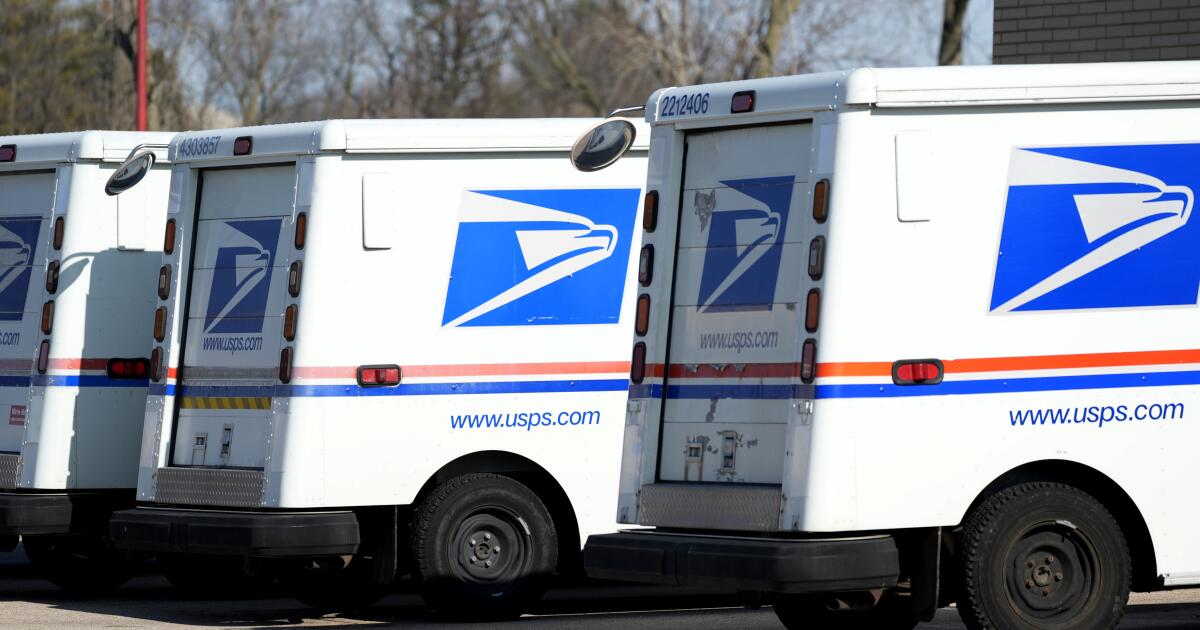A San Gabriel Valley woman who was accused of using counterfeit postage on tens of millions of packages pleaded guilty Friday to defrauding the United States Postal Service out of more than $150 million.
Lijuan “Angela” Chen, 51, pleaded guilty to one count of conspiracy to defraud the U.S. and one count of using counterfeit postage, according to a statement from the U.S. Justice Department.
Chen, a resident of Walnut, has been in federal custody since she was arrested in May 2023. A co-defendant, 51-year-old Chuanhua “Hugh” Hu — who authorities say is considered a fugitive hiding in China — has been charged with one count of conspiracy to defraud the U.S., three counts of passing and possessing counterfeit obligations of the U.S. and a count of forging and counterfeiting postage stamps.



Or figured out a way to print postage labels that work
This was my take. They figured out the algorithm or something.
From the Article.
Ah, I’m not American, I didn’t know what a “NetStamp” is.
Think of it as electronic postage.
The usps will allow most businesses to buy a postage scale that then goes out over the internet to buy exact postage, and prints labels (or the funny barcode along the bottom; you get a break for pre-printing it saves them a bit so they charge less. It contains address information.)
In any case, those labels are what’s being duplicated.
Reminds me of a method for making three bills out of two by cleverly cutting those and glueing together incomplete but big enough to be accepted bills (the serial numbers on them will be different though)